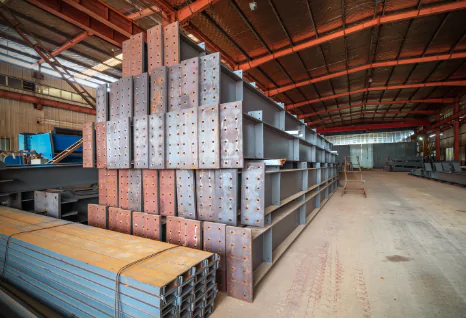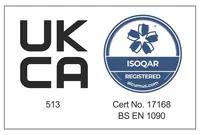The ‘steel safeguard’ measures introduced by the EU to protect against excessive imports of cheap foreign steel have been extended by the UK government for a further two years.
Under the steel safeguard, certain categories of steel are subject to import quotas, with an additional 25% tariff charged on imports over the quota.
The measure was originally introduced by the EU in 2018 in response to the US raising their own tariffs on imports of both steel and aluminium.
When the UK left the EU, it gained independence over the policy, and has since reviewed the 19 categories of steel imports that were previously subject to quotas.
What has the UK government done?
International trade secretary Anne-Marie Trevelyan spoke in the House of Commons on June 29th to update MPs about the latest steps taken.
She explained that in 2021, the UK Trade Remedies Authority recommended keeping the quotas in place on ten categories and removing them completely from the remaining nine.
Ms Trevelyan added: “The government announced that it would extend the safeguard as recommended by the TRA on ten product categories of steel for three years and remove it on four of the remaining nine, but would extend the safeguard for one year on five categories of steel to allow further time to review them.”
She continued: “It is in the economic interest of the UK to maintain these safeguards, to reduce the risk of material harm if they were not maintained.
“I am therefore extending the measure on the five steel categories for a further two years, until June 30th 2024.”
Quotas for steel category 12A (alloy merchant bars and light sections) have been raised, to meet demand among UK customers.
The government has also waived the safeguard measure on imports from Ukraine, in line with the removal of all FTA tariffs from Ukrainian imports at present, to help support the country’s economy during the current political upheaval.
What does this mean?
The move is good news for the UK steel industry, including manufacturers, UK steel suppliers and the thousands of people who work in the industry.
It safeguards the future of UK steel production by protecting the import market against excessive cheap foreign steel, while still allowing sufficient quotas to meet reasonable demand from UK construction, infrastructure and other key sectors.
Crucially, it means UK steelmakers and steel suppliers can continue to provide customers with high-quality British steel, at a price that is both competitive and sustainable.


